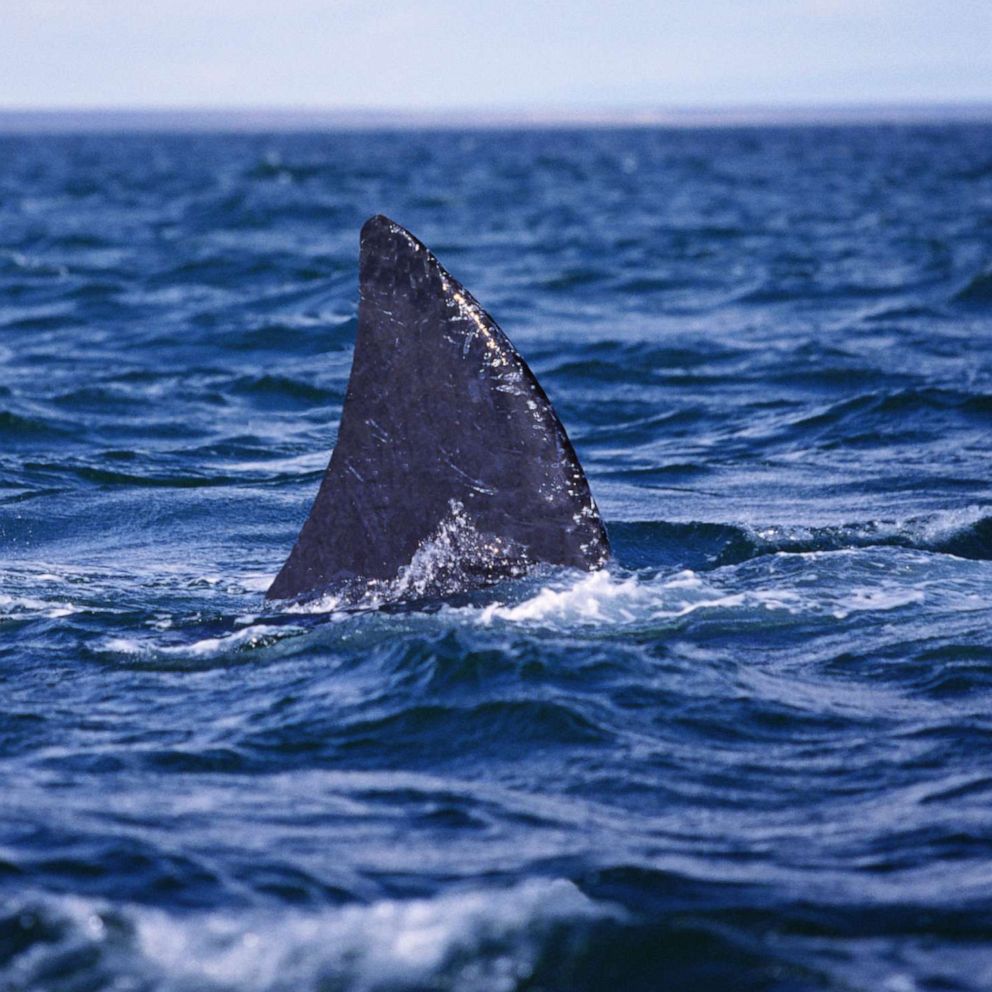Does White Privilege Exist in America?
Nov. 5, 2006 — -- Chris Rock, one of the most successful comedians in America, suggests in his routine that no white person would ever trade places with him.
"None of you would change places with me and I'm rich! That's how good it is to be white!" he says.
Tim Wise lectures at schools, universities, and other organizations about the problem of white privilege.
"Whiteness allows those of us who have it, and the privileges that come from it, of not knowing black and brown truth," he says. "It's having one less thing to sweat when you go in for that job interview."
His lectures are in big demand; he has more than 80 speaking engagements a year. He recently wrote about white privilege in his book "White Like Me."
He says discrimination has held black Americans back, and this has privileged whites.
"If certain folks historically have been elevated above others, their children, their grandchildren are going to be starting out, one, two, five, ten steps ahead," he says. "Meritocracy … is as close to a lie as you can come."
But what about all the successful immigrants, many of color, who come to America and make fantastic lives for themselves?
"How many more of those persons would there be if there were truly equitable opportunity?" he asks.
Over the years, ABC News has documented many ways in which society puts blacks at a disadvantage. In seeking apartments, applying for jobs, shopping in a mall, even hailing a cab, our hidden cameras captured discrimination.
Whites don't face that kind of discrimination, says Marc Morial, president of the National Urban League.
"It's better chances in the job market," Morial said. "It's better chances when you walk through the door, to get a bank loan. It's better chances … a head start, for the most part, in the game of life."
David Matthews says that was so obvious to him even at age nine that he lied about his race to get that head start.
Matthews is bi-racial. His father is black, but David could pass for white, which he did growing up because, he says, it was better to be white. At age nine, he decided he wasn't going to be black, but would identify as white.




